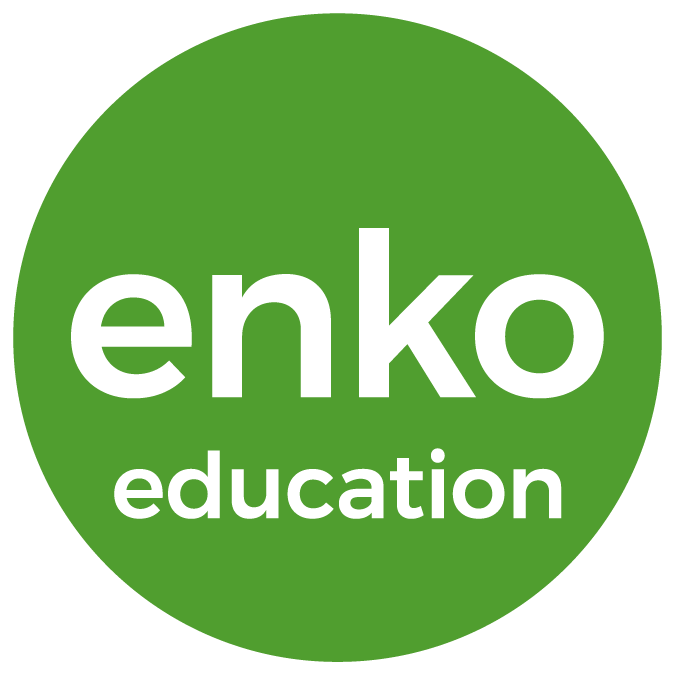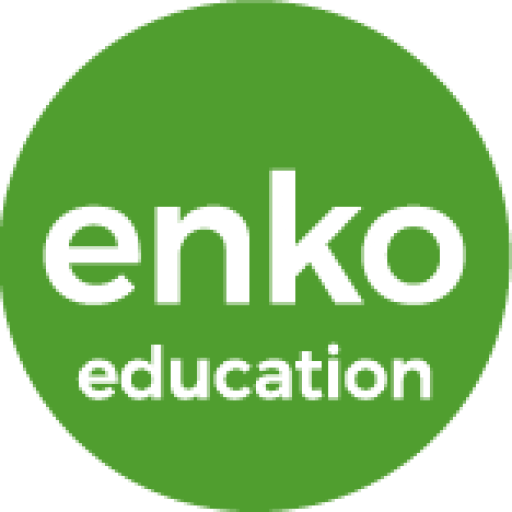Western Cape rolls out e-learning to improve schooling
The Western Cape provincial government is looking to its “smart schools” initiative to boost the quality of teaching and learning.
On Monday, it said its e-learning and smart schools project would see 1,250 schools connected to high-speed broadband by July next year, with 366 schools being connected by the middle of this year.
The province’s e-learning strategy would include the refurbishment of existing computer laboratories and the provision of new laboratories and technology-rich classrooms which will be known as “smart classrooms”.
Poor education outcomes in SA are encouraging education planners to implement technological solutions. In Gauteng, the provincial government recently initiated a paperless classrooms project, which will see some classrooms being connected to WiFi and pupils being provided with tablets.
But 40 state-issued computer tablets were stolen from a school in Hammanskraal outside Pretoria last week.
The Gauteng education department plans to roll out these “paperless” classrooms to all township and rural schools in the province by 2018 at an estimated cost of R17bn.
In her state of the province address on Friday, Western Cape premier Helen Zille said the roll-out of e-learning in the province’s schools would be among the provincial government’s major initiatives.
It is envisaged that e-learning will help increase access to quality education in disadvantaged communities, provide support for struggling learners, contribute toward teachers’ training and professional development and improve school-level management and administration.
Western Cape education MEC Debbie Schafer said that as part of the smart schools initiative, 126 schools would receive refurbished computer labs this year. The province will be seeking donor support to improve more labs in the next five years.
Ms Schafer said a smart classroom is one that is linked to the wide area network, along with the local area networks, with a laptop for the teacher, a data projector, and other devices for teaching and learning.
She said R65m would be spent during this financial year to convert 3,350 classrooms into smart classrooms. The province will double this over the next five years.
“This project has the potential to greatly advance the achievement of our main strategic objectives in education which is improving the level of language and mathematics in schools, increasing the number and quality of passes in the National Senior Certificate and increasing the quality of education provision in poorer communities,” she said. Source: BD Live



